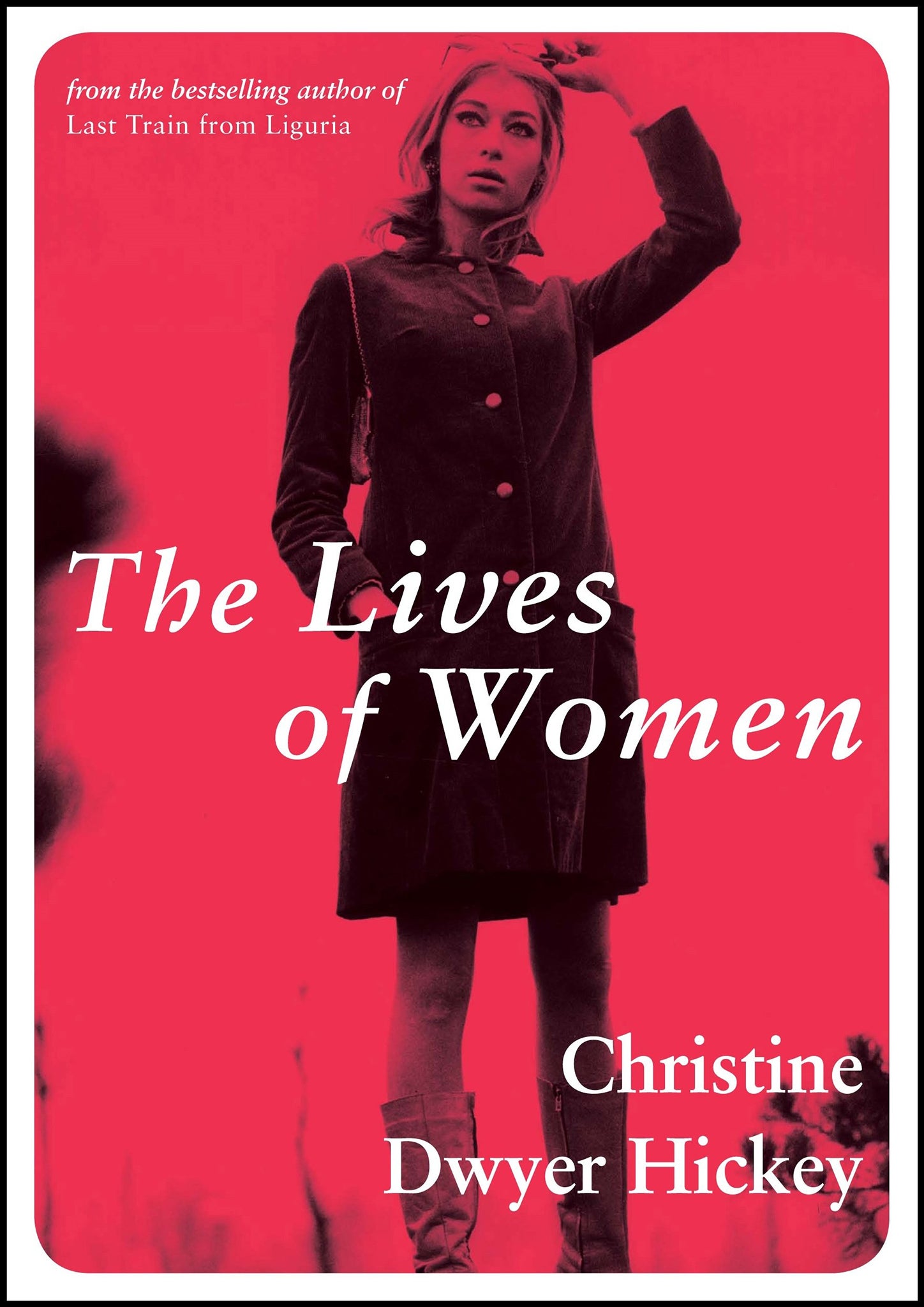The Lives of Women by Christine Dwyer Hickey book review: Sorry then, and sorry still
An adroit at painting village life in Ireland

The multi award-winning Christine Dwyer Hickey’s last novel, The Cold Eye of Heaven (2011) was a stunning, elegiac work that I was desperate to read and review. Her follow up is similarly steeped in melancholia.
Middle-aged Elaine has returned from New York to the small Irish village where she lived until she was 17, when she was forced to leave suddenly for a new life in the US after a terrible event which remains unknown until near the end of the book.
Elaine’s return was precipitated by the death of her mother, which, together with the housekeeper’s trip to Australia, has left her wheelchair-bound father in need of a carer. Being back home allows shards of long-suppressed memories to coalesce, and Elaine viscerally relives the past.
Alternate chapters are set in the present and the past. Elaine looks back on her teenage actions as if observing a stranger, an effect accentuated by Dwyer Hickey relating the present in the first person from Elaine’s point of view and the past in the more detached third person.

In the era in which Elaine grew up, men brandished the power. They held the jobs, drove most of the cars, were in charge of the household money. But Dwyer Hickey is far too sophisticated an observer of life to stereotype all the women as victims and all the men as ogres.
Elaine and her two closest friends, Agatha and Rachel, all had troubled relationships with their mothers. Dwyer Hickey depicts these tensions beautifully, showing how, in the absence of personal fulfilment, some of the mothers neglected or, conversely, tried to exert control over their daughters, and resented their freedom.
Agatha’s actress mother did have a glamorous job, but was shallow and seemingly uninterested in her daughter. The arrival in the estate of an independent American woman and her daughter changed the lives of the girls and their gawky male friends, giving them access to an openness and lack of repression that they found refreshing.
Like Colm Toibin and William Trevor, Dwyer Hickey is adroit at painting village life in Ireland. The gossips, the sour-faced, the judgemental, the quietly kind, the alcoholics; the secrets, lies and loyalties, all help to build the rich mosaic.
Dwyer Hickey is as astute in conveying everyday conversation as dark events. Because the revelation comes so near the end, I felt compelled to re-read the book with the benefit of insight, to discern references to those whose names meant little on first reading, but that just added to the bittersweet pleasure. It left me with that vague, almost physical chest ache one feels on experiencing great sadness.
Atlantic £12.99
Join our commenting forum
Join thought-provoking conversations, follow other Independent readers and see their replies
Comments
Bookmark popover
Removed from bookmarks